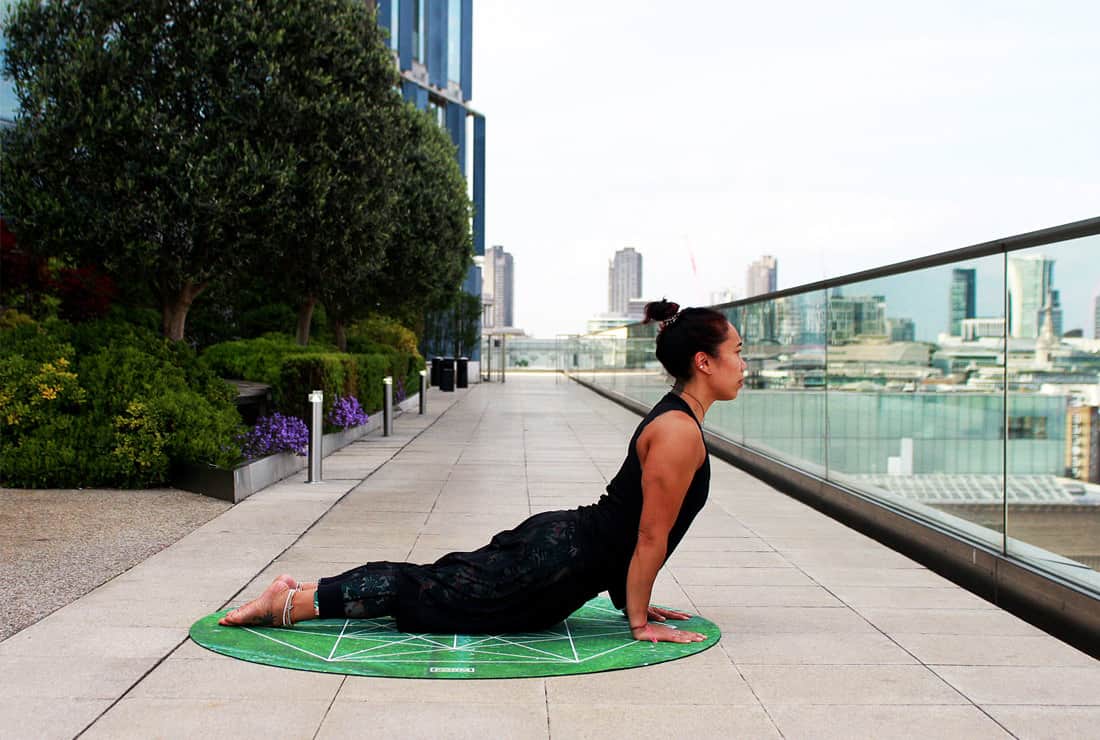
The Illusions of ‘Core-Stability’ (2)
In my earlier post on core-stability, I pointed to research questioning the relationship between abdominal bracing and reduced lower back pain (1). Now, another article published in the same forum (BodyInMind) has further questioned the sensibleness of this way of addressing low back pain.
Core stability exercise programs have been found to be only marginally superior to placebo and produce only small, short-term improvements in pain and disability (2)
The writer/researcher is Mary O’Keeffe, a PhD student at the University of Limerick (UL), Ireland. Her area of interest is “multidimensional rehabilitation”. This is the first time I have heard this term, and it makes a lot of sense. The conception, even just at the ‘physical level’, of specific exercise for specific muscle strength for something as complex as postural stabilisation plainly does not address the realities of the integrated reflex actions that are responsible for the generation and maintenance of trunk stabilising tone. Even a strengthened muscle can be under-utilised, the question of reflex activation of stabilising tone must be addressed if a consistent and effective approach to LBP rehab is to be developed.
Naturally I am going to suggest the Alexander Technique can help with this, but that is not just my own opinion. Long term improvement in lower-back pain was shown in an extensive study published in the British Medical Journal (3).
The conclusion? “Core Stability” sells well, but carries with it mis-conceptions of human functioning that can lead to further interference with normal postural homeostasis and respiration, and limited benefit for lower back pain sufferers.
1. “Should we train deep trunk muscles to improve the clinical outcomes of low back pain?”Arnold Wong.
2. “Brace Yourself” Mary O’Keeffe
3 ”Randomised controlled trial of Alexander Technique lessons, exercise, and massage (ATEAM) for chronic and recurrent back pain“. Little et.al. British Medical Journal 2008.


